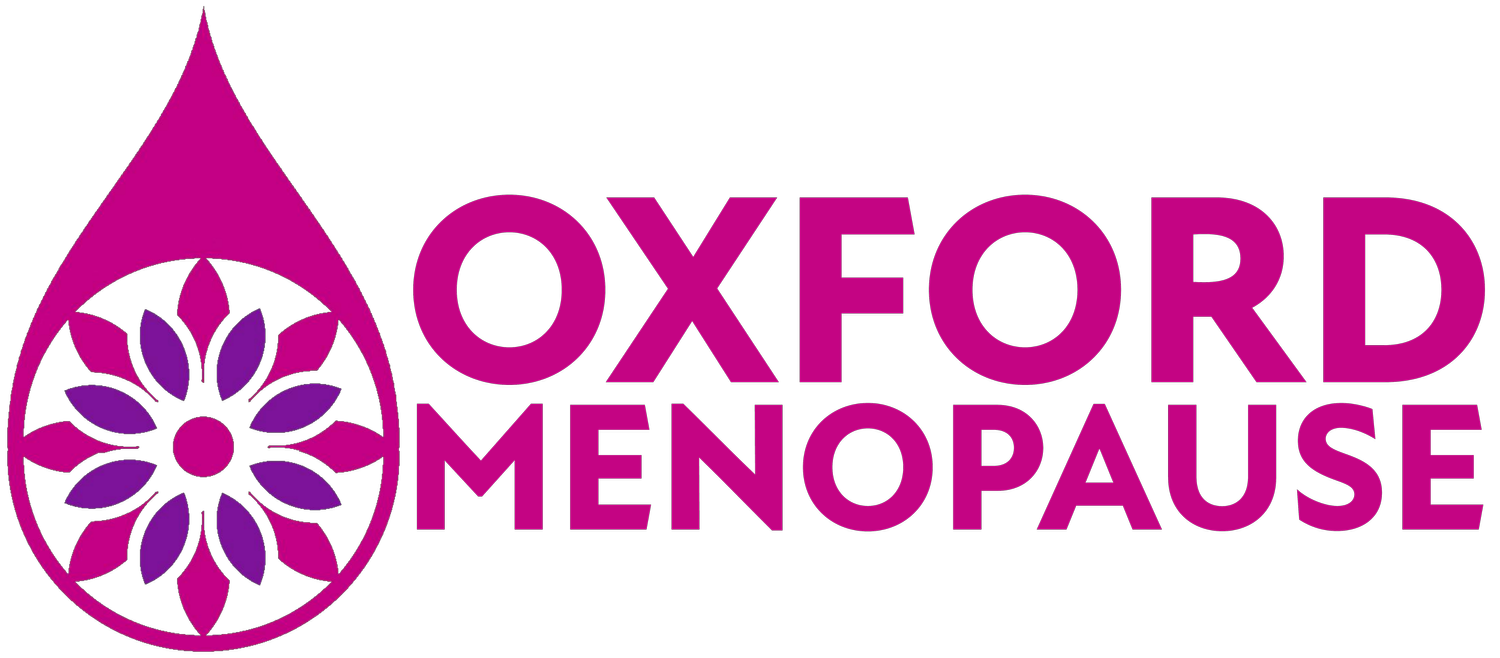Newsletter March 2021
All about testosterone
Women naturally produce oestrogen, progesterone and testosterone.
Testosterone in women is produced by the ovaries and adrenal glands (small glands above the kidneys). Testosterone blood levels peak at the age of 20 and slowly decline with time. Testosterone is a key hormone, involved in preservation of bone density, has a positive effect on libido, sexual arousal and response, cardiovascular health, cognition and maintains energy levels. Testosterone therapy is often prescribed for women already taking hormone replacement therapy (HRT) who have persistent symptoms as described above, especially reduced libido as HRT alone can be insufficient to alleviate these issues.
Women who have undergone a ‘surgical menopause’ (ovaries removed) or those with premature ovarian insufficiency (menopause before age 40) are most likely to experience testosterone deficiency as the ovaries produce the majority of testosterone in the body.
Are you testosterone deficient?
Symptoms such as low mood, reduced motivation, fatigue, sexual dysfunction (low libido, sexual arousal and enjoyment), reduced muscle strength and changes in cognition/memory are usually the most indicative of testosterone deficiency and your menopause specialist will take a detailed clinical and sexual history to elicit these and look at other issues which may affect your symptoms (for example psychological issues, other medical conditions such as diabetes, thyroid disease, vaginal dryness/soreness, other medication, smoking, alcohol, exercise).
Your specialist will also check blood levels of testosterone and a protein that transports testosterone around the body. By monitoring these levels, your menopause specialist is able to ensure your testosterone therapy is at an appropriate for dose. Higher levels can be associated with adverse side effects (see below).
Treatment
Testosterone is usually given as a gel or cream which you rub into your skin so the hormone is absorbed directly into your bloodstream. You should use a small amount of the gel/cream (your specialist will advise about dosage) and rub it into the skin on your lower abdomen or outer thigh. You are advised to wash your hands thoroughly after using it. It can take a few months for the full benefits of testosterone to work and for you to notice an improvement.
In the UK, there are no licensed testosterone products for women available on the NHS, NHS clinics therefore use preparations designed for male use at a dose appropriate for women. However, there is a product available privately (Androfemme) which is specifically designed for female use and available via Oxford Menopause.
Possible side effects
Most women have no side effects of testosterone treatment as it is merely replacing the testosterone that you are not already producing. Occasionally women notice some increase in hair growth where the gel/cream has been rubbed in, this can be avoided by changing the place where you rub the gel/cream into regularly. Testosterone at the low dose prescribed by your specialist and used correctly rarely increases your risk of developing facial hair, voice change (deepening) or skin changes such as acne. Your specialist will monitor your blood levels regularly to reduce the risk of side effects developing.
When will I notice a difference?
If women notice an improvement in the symptoms mentioned within 3-6 months, testosterone therapy can be continued with regular monitoring, your specialist will advise about the frequency of monitoring blood tests. If there is no clinical improvement at 6 months, therapy will be discontinued.
Testosterone therapy can be reduced/stopped without any significant issues, we would advise if women wish to wean/reduce HRT and they are also using testosterone that they reduce and stop the testosterone first before weaning/stopping any HRT.
How can I get help?
Oxford Menopause offers a bespoke, individualised approach to every woman’s menopause, exploring their issues and providing an evidence-based discussion about how these can be managed effectively. Different treatment options are reviewed and women are allowed time to discuss any queries or concerns they have in a safe, confidential environment, ensuring they are well-informed about their menopause and any treatment they wish to consider.
To find out more or book an appointment with Dr Katie Barber visit www.oxfordmenopause.com, call 07515 560870 or email enquiries@oxfordmenopause.com.
Get in touch today to find out more and book your first appointment!
